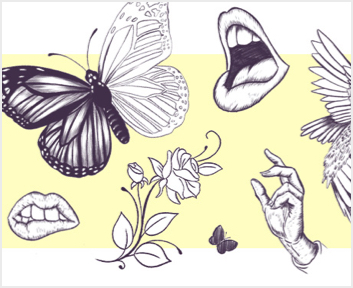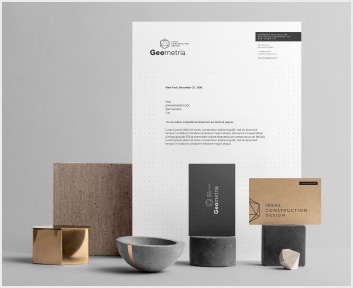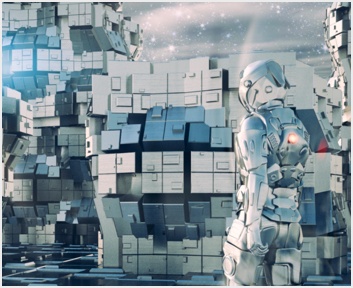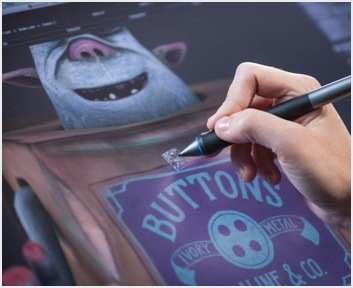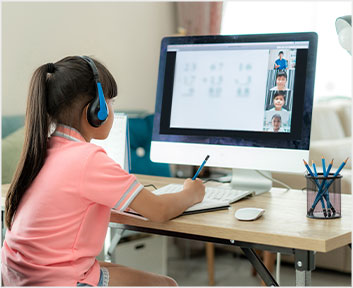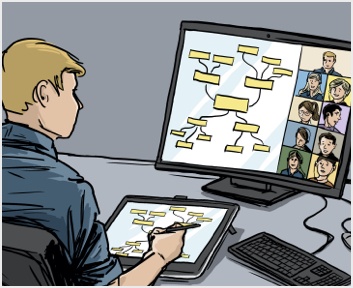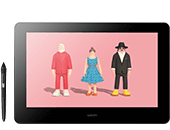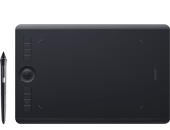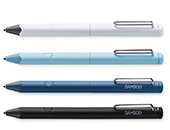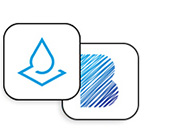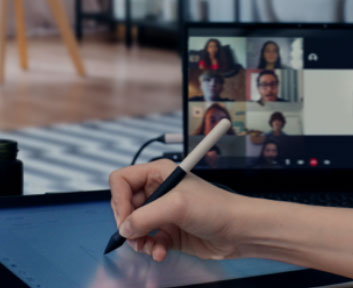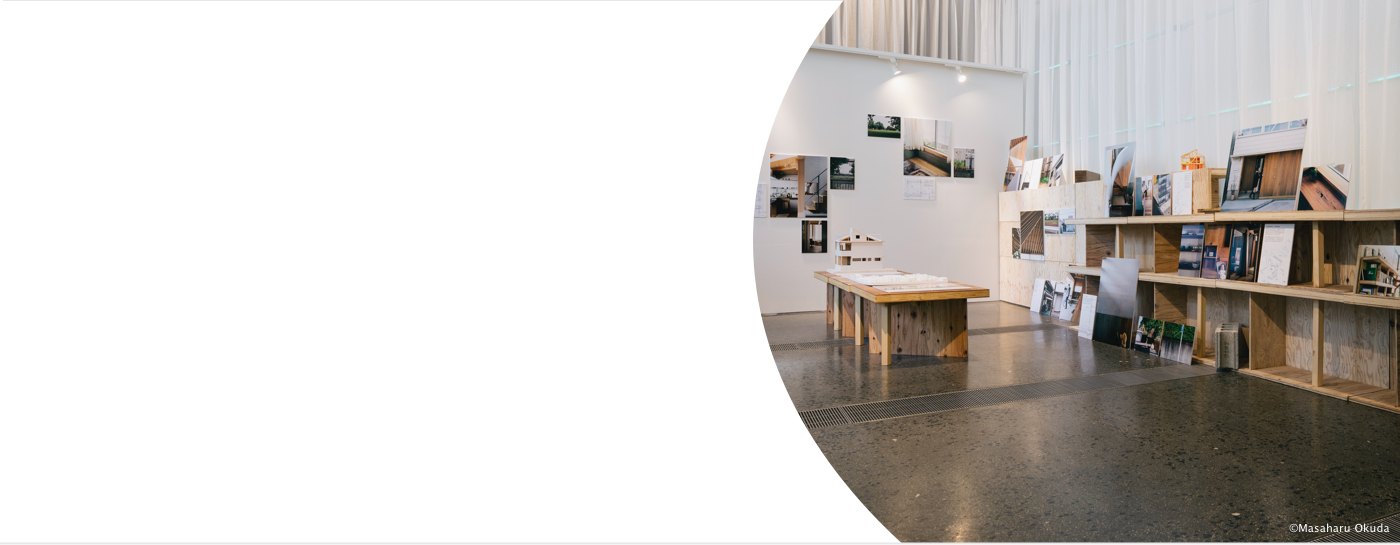
1.Meeting KOPPA /
The story of the Traveling KOPPA
The story of the Traveling KOPPA
"KOPPA" means “pieces of woods” or “scrap wood” in Japanese, which was taken as a name of the designed furniture series and the team in this story. KOPPA started out as a challenge: Tamotsu Ito, an architect from Japan, wanted to utilize leftover building materials that would otherwise have been thrown away.
The meeting between KOPPA and Wacom was pure happenstance. In July 2019, Nobu Ide, Wacom’s president & CEO and Rita Chen, Wacom’s technical marketing manager, visited the new office of mui Lab, Inc. in Kyoto which was designed by Tamotsu. He created a design concept that was based on the historical planning and module of the Kyoto Machiya building types, a feature that fascinated them.
Nobu:
After we met Tamotsu at the mui office, we visited an exhibition (*) that he was part of.
*"Under 35 Young Architects Exhibition"
Rita:
I noticed a bookshelf placed inconspicuously in the corner among the works of the various architects exhibited.
Nobu:
I wasn’t even sure if the shelf was one of his designed pieces to be honest at first glance, but I thought that either way, it would be great for our next exhibition after we read its caption. Our exhibitions not only display our technologies, but also the stories behind them. I was intrigued and felt that their concept would fit perfectly with ours. Since we didn't have much time until our next exhibition, I asked if we could buy the shelf on the spot.
Tamotsu, Moe (planner), and Shokichi (carpenter) were all at the venue. It was KOPPA’s first exhibition – and also the beginning of much more to come. The result was that "Traveling KOPPA" – a new type of display furniture developed from the original KOPPA concept – was created.
Nobu:
It was impressive when I met Shokichi. When I asked if we could buy it, his answer was "I’m a carpenter!". I talked to Tamotsu and his first word was "Yes!". He was already one step ahead and kindly added that he can even optimize it for Wacom.
Rita:
I had wanted to buy KOPPA as it was. But when I heard him say that, I asked him a lot of questions to see if it would fit our exhibition concept. We talked about using more depth and making it lighter to carry around in a suitcase.
Tamotsu:
The biggest challenge was the weight. It was also difficult to make the size fit in a suitcase. The timeline was also really tight. But I knew we could do it because we were motivated by how much we would enjoy a new creative challenge, rather than doing it purely for business reasons. The whole project really depended on whether we could interpret limits and conditions in a positive way and just have fun with it. I had a feeling that the Traveling KOPPA gave us interesting conditions, such as Wacom’s short delivery and mobility requirements for the exhibition.
Moe:
I was happy to know that Wacom was able to get on board with our interpretation of fun. We were just talking about how great it would be to continue working together on a small scale after the exhibition. That’s when we realized that we were already taking the next step.
Shokichi:
The initial idea behind KOPPA was to have fun, while eliminating construction wastes and our mixed feelings towards them. The simple fact is that we converted scrap wood into a product. But the more exciting part is that we – an architect, real estate agent, carpenter and bartender – were able to bring it all together. And that we developed a new project together with Wacom, a company that we never dreamed we’d be working with!
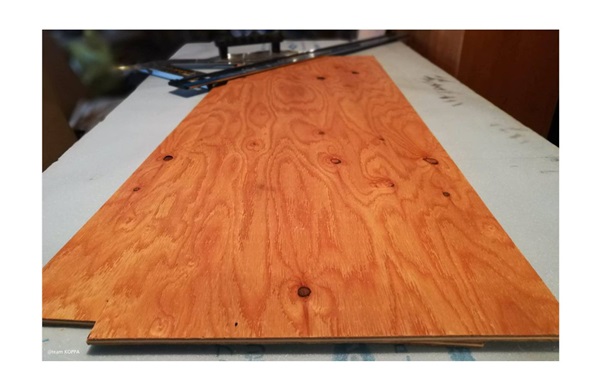 |
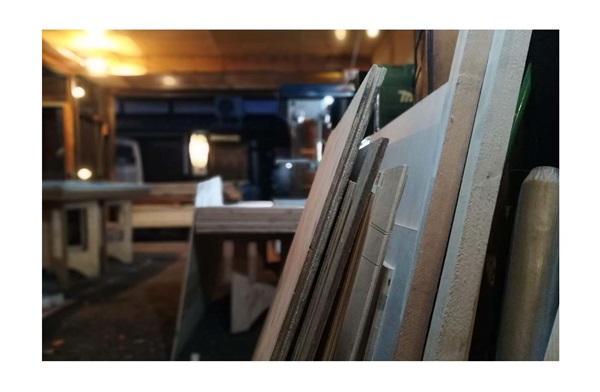 |
Continue to: 2. No need to destroy it anymore / The story of the Traveling KOPPA
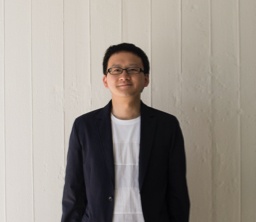 |
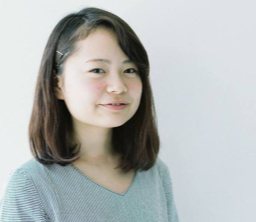 |
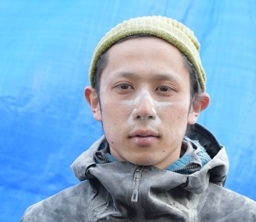 |
||
|
Tamotsu Ito |
Moe Donaka |
Shota Nozaki |
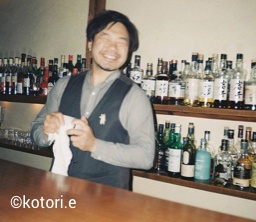 |
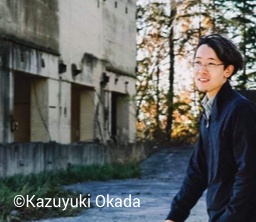 |
|||
|
Kazuaki Uemura |
Syu Ohki |

Our Sparks. “Join The Journey” by Arian Rahmatzai
The 'Our Sparks.' pages showcases community creators whose works inspire and collaborate with us. This time features Arian Rahmatzai's artwork, a German talent who interned at Wacom.
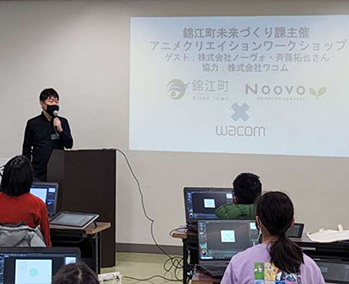
Supporting Children's Dreams of Becoming Creators - 1: Initiatives with Kinko Town
The aspiration of children who dream of becoming creators is what ignites our team members’ enthusiasm and drives many of our initiatives. One such initiative involved teaming up with an animation workshop in Kinko Town, Kagoshima Prefecture, Japan.
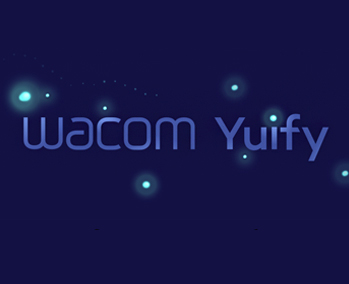
Wacom Yuify: Making the world a safer place for creators
Wacom Yuify is an innovative service being developed to authenticate creators' works by embedding invisible micro-marks into artworks and, therefore, addressing unique needs across various regions and cultures.
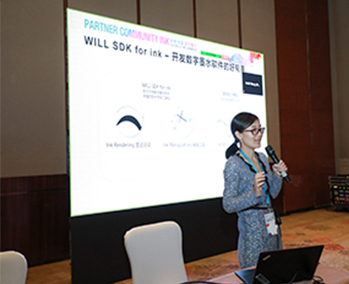
Initiatives in China – Bringing Digital Ink Technology to More People
Lannie Zhang, the only product manager in the Ink Division in China, took the time to talk to us about the initiatives planned to increase awareness and promote the use of digital ink technology.
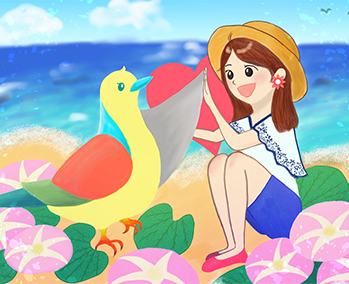
Our Sparks. “At the beach in the early afternoon” by sammy
We would like to introduce the artworks by artists in Oiso Town, Kanagawa, Japan, where we have been working together to support the writing/drawing initiative.
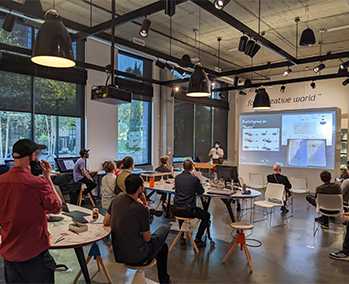
Wacom Experience Center - A space for everyone to be creative
The Wacom Experience Center Portland was created for people to interact with the creative community in the city. We took a look back at its growth with Megan Davis, who has been playing an energetic role there.
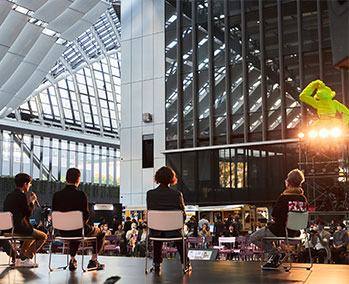
Connected Ink 2022: What happens here is everything
Connected Ink 2022 opened with two key questions. Let’s take a look back at some of the sessions in Tokyo that explored them.
Read More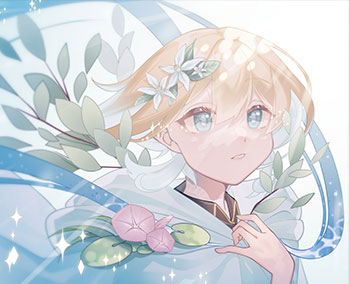
Our Sparks. “Wind Carrying Light” by Syuro
We would like to introduce the artworks by artists in Oiso Town, Kanagawa, Japan, where we have been working together to support the writing/drawing initiative.
Read More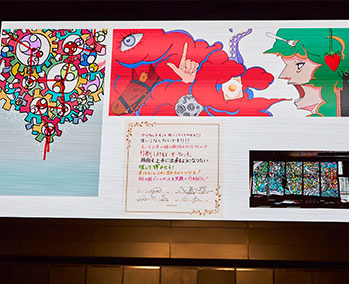
How can we support the “writing/drawing" initiative with Oiso Town?
The partnership with Oiso Town has developed into a city-wide initiative. We spoke with Tadakuni Tsubota of the Creative BU Retail Partnership about this initiative.
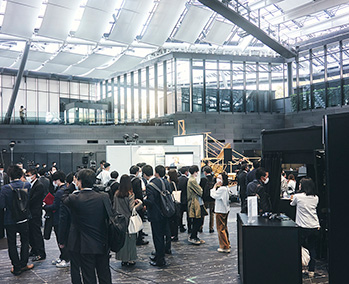
A side of the Connected Ink polyhedron - 2
How do team members see Connected Ink? The next team member is Yohei Himori who is involved in the planning and operation of Connected Ink together with Heidi.

A side of the Connected Ink polyhedron - 1
How do team members see Connected Ink? The first team member is Heidi Wang who has played a key role in the planning and operations when it all began in 2016.
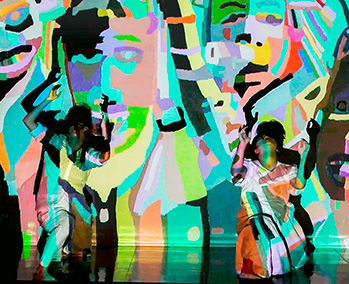
How can we overcome barriers that exist in society? / Call & Response
In collaboration with Heralbony Inc. and the General Incorporated Association, Connected Ink Village, Wacom launched a new initiative called "Call & Response” in September 2021.
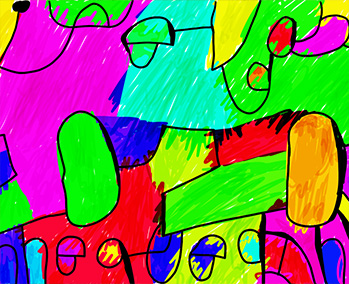
What Lingers in the Afterglow / Connected Ink 2021
Here’s a look back at the opening and finale of the nearly 70 sessions held that day and reflect upon what has happened since Connected Ink 2021.

Our Sparks.
“The spark of love” by Jacky Yang
Our sparks meet constantly changing situations, unexpected challenges, and new opportunities. We called on our team members again to show how they see their spark in the world of today and the future.
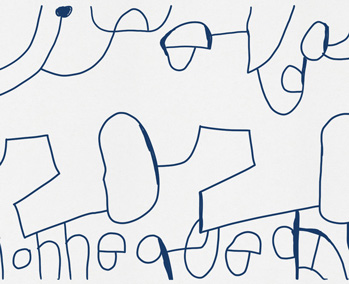
Keep asking questions and moving forward / Connected Ink 2020
Connected Ink 2020 was the beginning of a new commitment and challenge for Wacom to continue asking those eternal questions that always play in our minds.
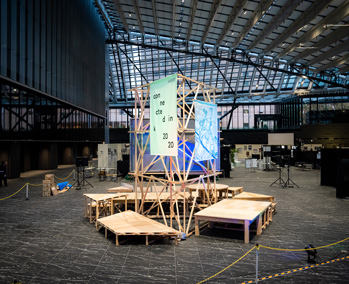
“Stage KOPPA”, a stage that connects stories
"Stage KOPPA" was created as a stage for Connected Ink 2020. It is a stage that changes its shape and role in response to different situations while connecting the various stories that occur there.
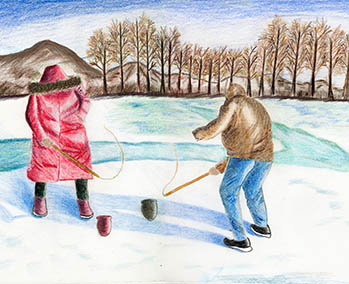
Our Sparks.
“Mam and Dad’s Child Interest” by Stella Wang
“Mam and Dad’s Child Interest” by Stella Wang
Our sparks meet constantly changing situations, unexpected challenges, and new opportunities. We called on our team members again to show how they see their spark in the world of today and the future.
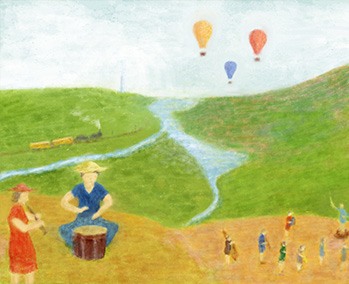
Our Sparks.
"A moment on an autumn mountain" by Takahiro Yamamoto
"A moment on an autumn mountain" by Takahiro Yamamoto
We had an internal art contest for our Social Initiatives. Let us share the existence of the spark in our team members’ hearts with their artworks.
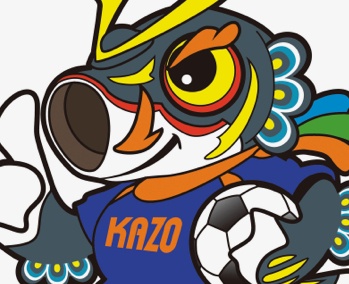
Online drawing class for elementary school students during stay-at-home period
Yoshinori Mita, a team member of Japan held an online drawing class together with FC KAZO and illustrator Suiiro to provide something fun for elementary school children to do during the COVID-19 stay-at-home period.
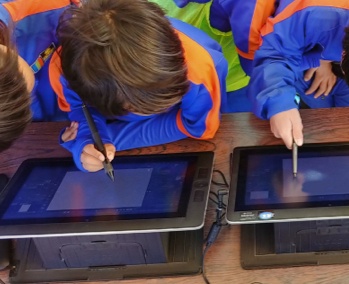
Wacom's new initiative through soccer
As an official partner, Wacom supports FC KAZO, a soccer club in Kazo City, Saitama Prefecture, Japan. We’re excited to introduce our new initiatives with this inspiring club.
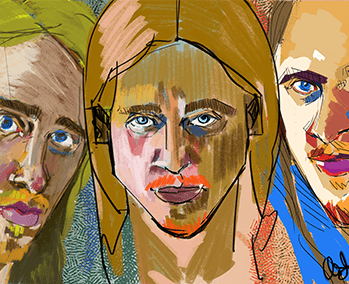
Our Sparks.
"The spark is in you! Mirror portraits during times of isolation" by Oliver Madlener
"The spark is in you! Mirror portraits during times of isolation" by Oliver Madlener
We had an internal art contest for our Social Initiatives. Let us share the existence of the spark in our team members’ hearts with their artworks.
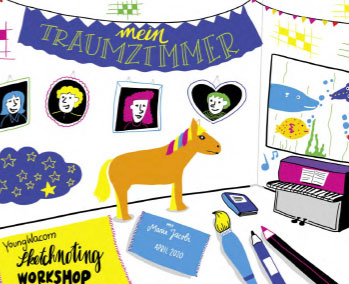
Online Sketchnoting workshop for children during school closures
Our team members in Germany organized an online workshop “Young Wacom” for the children while schools were closed due to the COVID-19 pandemic.
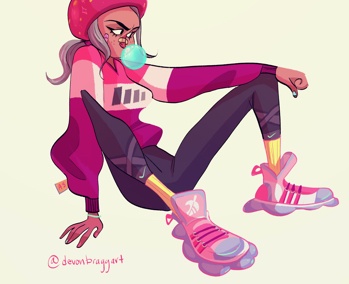
Support the "lives" of artists through customer support
Alex Duffey from our Americas Support team established a new program to support artists. We asked him about a story with Ms. Devon Bragg, the artist who inspired him to establish this program.
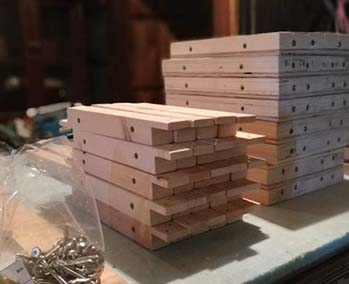
3. How KOPPA began /
The story of the Traveling KOPPA
The story of the Traveling KOPPA
KOPPA began in April 2019. Tamotsu wanted to make something that can be used again after an exhibition. We asked Team KOPPA about their thoughts.
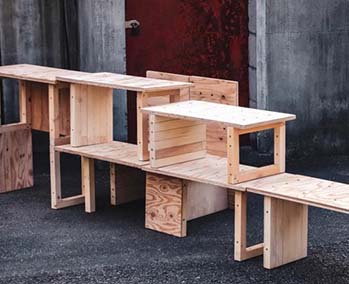
2. No need to destroy it anymore /
The story of the Traveling KOPPA
The story of the Traveling KOPPA
We put it together ourselves, set it up, put it back, then travel together again. The Traveling KOPPA, our new display furniture came to be.
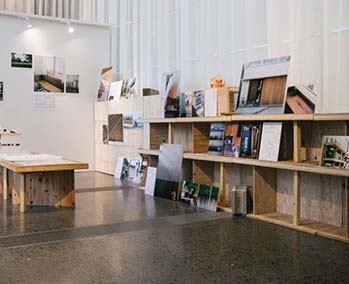
1.Meeting KOPPA /
The story of the Traveling KOPPA
The story of the Traveling KOPPA
KOPPA started out as a challenge: Tamotsu Ito, an architect from Japan, wanted to utilize leftover building materials. Our meeting was pure happenstance.
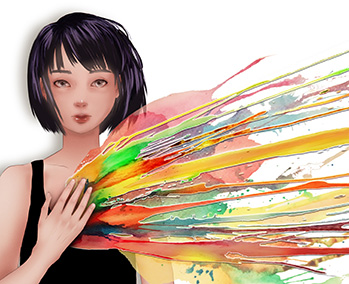
Our Sparks.
“That Spark Inside” by Simone Wolters
“That Spark Inside” by Simone Wolters
We had an internal art contest for our Social Initiatives. Let us share the existence of the spark in our team members’ hearts with their artworks.
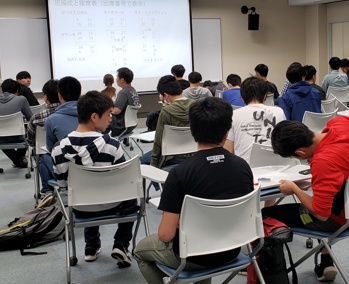
Marketing lecture for future engineers
We gave a marketing lecture for students who are learning to be engineers at the National Institute of Technology Tokyo College.
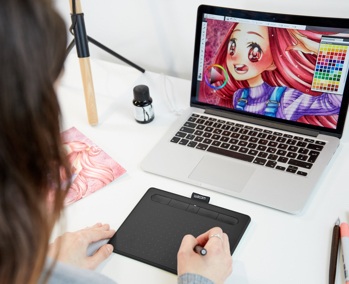
Efforts by our sales member, who are responsible for a pen tablet until the very end
Every year, we take pen tablets that have been sitting in our warehouse and gift them to high school clubs and winners of high school art competitions to help students create digital contents.
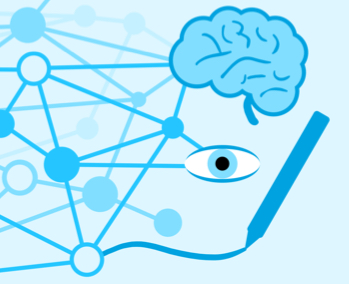
For the Future of Education
Lifelong Ink x AI
Lifelong Ink x AI
"AI Ink for Education" was developed to capture eye movement information and pen movements while learning, in order to ascertain the characteristics of learning by each student and to create an educational environment suited to each student.
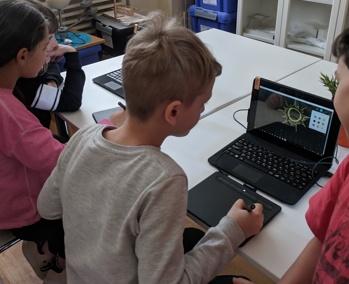
Wacom Intuos have been introduced in a school to make classes more fun and creative
Yoana Simeonova, a software designer working in Bulgaria, introduced Wacom Intuos in a school to make children's IT classes more fun.


